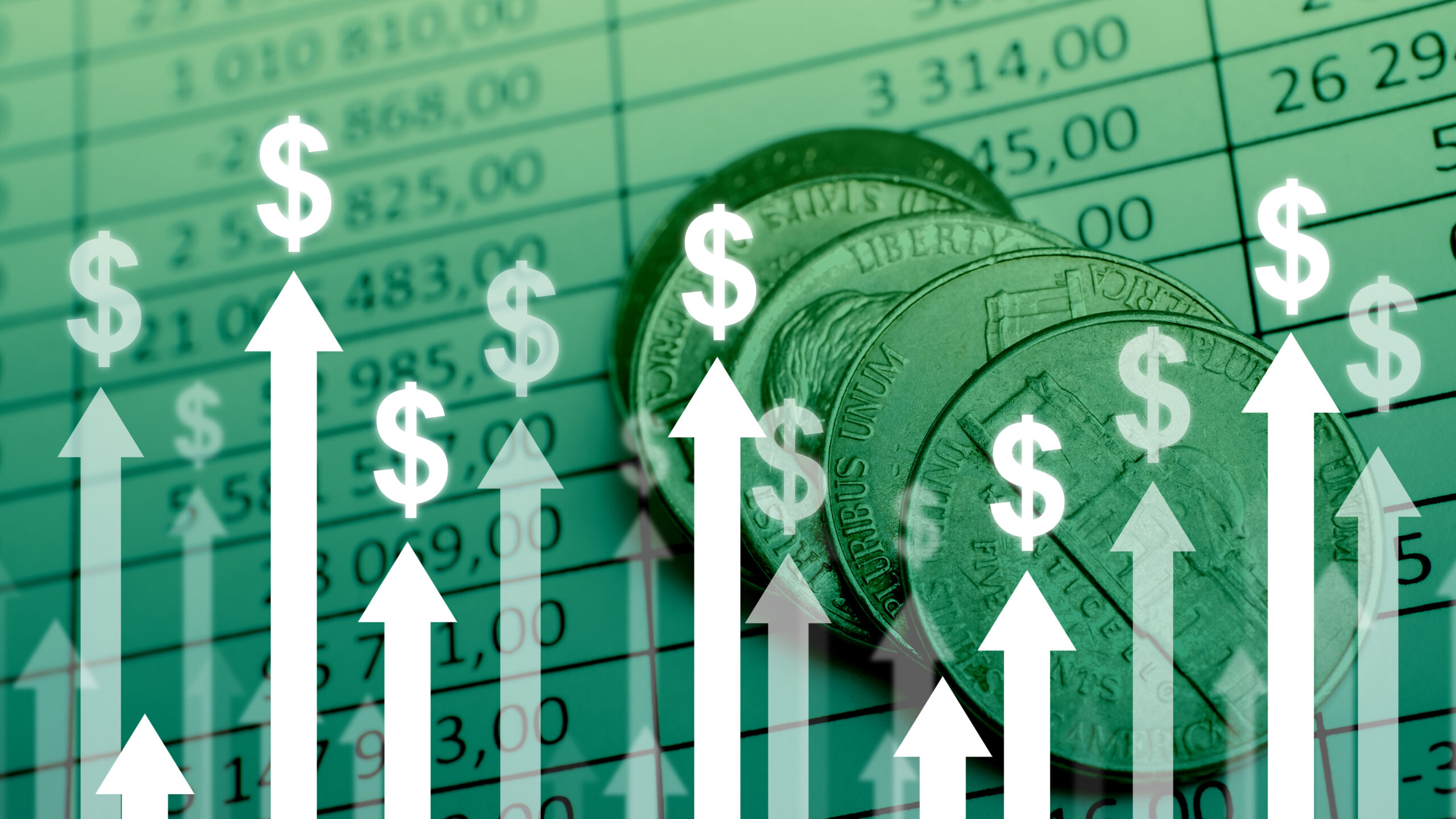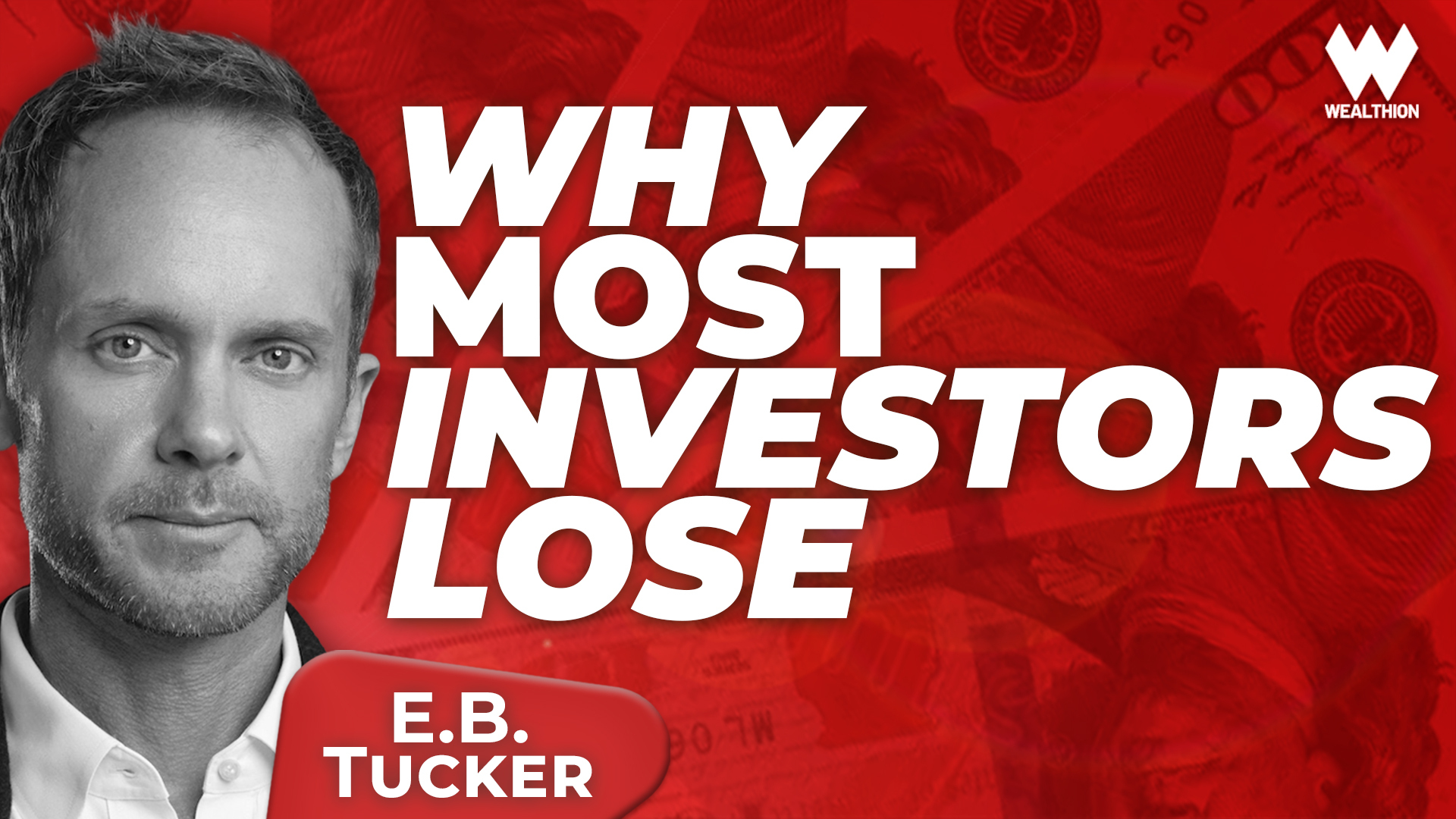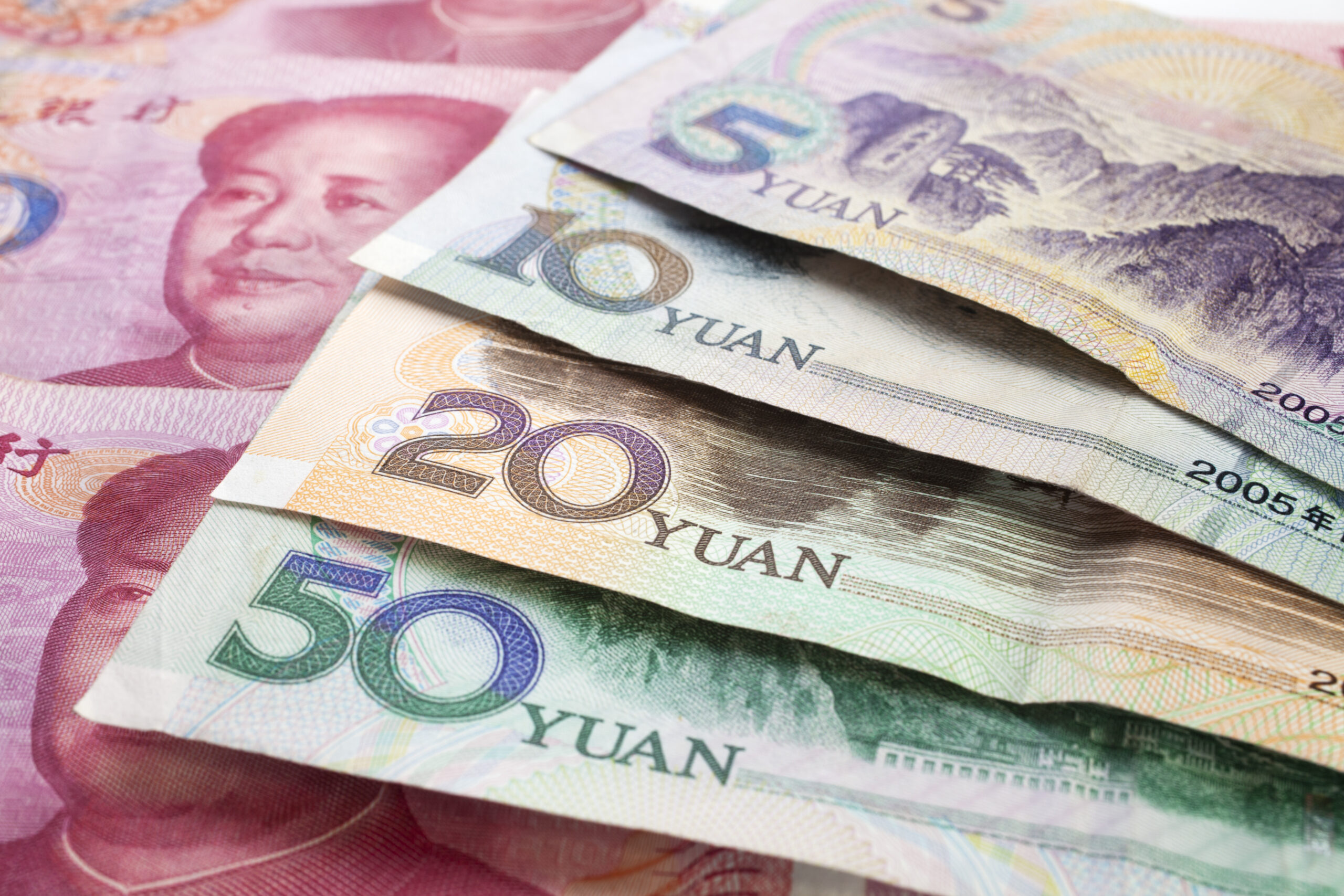As we wrap up the year and celebrate the festive season, we wanted to share some of our favorite moments from one of your favorite Wealthion interviews from 2024: Marc Faber with James Connor. Enjoy!
All the best for a happy, healthy, and prosperous New Year!
Investment Concerns? Get a free portfolio review with Wealthion’s endorsed financial advisors at https://bit.ly/49TvdxB
Original interview: https://youtu.be/LcK-sRi9ZiY
Andrew Brill 0:00
Happy Holidays from all of us here at wealthion. To all of you, I’m one of your hosts here at wealthion. Andrew brill, we took a look back at this year, and hope you enjoy these favorite guest moments from one of our best interviews of 2024
James Connor 0:18
so why don’t we dive into that in a little more detail. And this is why I always enjoy speaking to you, because of your contrarian approach. And as you just alluded to, that there is so much money in the US and in the US financial markets right now, and I want to get your opinion on that. And before we discuss the financial markets, I first want to discuss the US economy. And we saw a very strong q2 GDP number came out at 2.8% much higher than was was expected, much higher than q1 which was only 1.6% but what’s your take on this q2 numbers the US economy heating up again? Or is it as strong as we think it is, or maybe weaker? Or was this number a fake number? I
Marc Faber 1:00
mean, what fascinates me about the investment industry and the financial markets is that financial people in general, the economist who work for Wall Street firms and so forth, with very few exceptions, they rely on statistics that are published by the government. Now I have sources that would indicate that inflation, and this is not just one source and one kind of mysterious economist in the background, but numerous sources indicate that inflation over the last 3040, years has been much higher than what the government is saying it has been. And so if you take nominal GDP figures, and you say the GDP grew at 3% or 2.5% and inflation was three or 4% instead of what the government is calculating at one and a half or 2% then suddenly, in real terms, GDP is down. And I can tell you that the majority of Americans say the median household in America is struggling. We have this from all sorts of companies that sell retail goods to people and services that consumers are not as strong as they used to be. They’re struggling even to pay their grocery bills. Over 70% of US households depend on paycheck to paycheck to check, to pay their bills. If someone tells me the economy is strong, then he believes in nonsense. The economy is not strong. And if you measure the GDP, is a meaningless figure. What matters is the standard of living of people. Are they better off than 10 years ago? Or are they worse off? And I can tell you, in the whole of Europe and the United States, the typical household is not as well and earns less than his parents used to earn, in real terms, inflation adjusted. You
James Connor 3:21
mentioned earlier that you’re expecting a big pullback in the US financial markets. I think you said 50% what would be the catalyst to take it down? If
Marc Faber 3:33
I knew the catalyst, you would know it as well, and everybody else would know it. We never know precisely in advance what the catalyst could be, but I can tell you, if I look at all the potential wars that we have, I look at, say, nobody in the world, and even experts in real estate expected commercial buildings to collapse in the US by 50% nobody expected that. And it happened. And I know many people who are involved in real estate, the billionaires they own properties, incredible quantities, but it happened, and you never know why. And I’m not saying the US market will go down by 50% in nominal terms, but I think it will go down at least by 50% in real terms, inflation adjusted, that I am quite sure about minimum. When the Japanese market was 50% of the world’s stock market capitalization in 89 I placed many bets, including input options, that the market in Japan would drop by 50% Yeah, I was, I was much too conservative. It dropped by 70%
James Connor 5:07
so you talked about the election, and what might happen if Harris becomes elected or Trump becomes elected, and so I want to do a deeper dive here. And in my view, regardless of who wins, it’s going to be bad because they Harris wants to spend more money. She’s just going to continue on with what Biden’s done engage in massive fiscal spending, like Trump wants to cut taxes, so therefore you’re not going to have revenues coming in, and he’s hoping that’s going to stimulate the economy. But whatever strategy you take, you’re still going to have an excessive amount of of debt, and you’re not going to be servicing the debt. Why do you think if Harris becomes president, why do you think that would be worse for the economy?
Marc Faber 5:51
Yes, we have to wait and see. But from what I read so far, and I mean the the idea to introduce price controls in the year 2024 is absurd. It is absurd because it’s been tried so many times, and each time the results have been disastrous. You can go on YouTube and just click in the search engine. Milton Friedman, there are, there is an interview of three minutes. Every investor should just listen to this Three Minutes interview. He won’t waste his time for three minutes, and he explains exactly why it doesn’t work. But Kamala Harris, she is clueless. Clueless. That is the danger of her being president. But I always say, whatever you have in the world today in terms of quality, whether it’s just in Trudeau or in New Zealand, they kicked her out, but this Jacinta before, and in Germany, baerbock, Scholz habeck are All completely ignorant and at the same time, arrogant people, that is the danger. They’re arrogance, their interventionist intentions. The market functions based the capitalistic system functions based when it is left alone, and not when politicians who never work the day in their lives they never worked in a business have no clue what hardship the small businessman goes through, and it has to fight against the government for everything, because the government officials, They don’t care whether the small businessman survives or not, and the politicians, they don’t care about the small businessman. They care about the rich donors. That is the fact at the Wall Street economies, they will never tell you this, because they’re all afraid to lose their jobs. That is the problem. People have become enslaved by the system. They all need their jobs. They’re afraid to lose it. They’re not free agents anymore, and half of them are paid by the Federal Reserve or bribed by some other organization, so they don’t tell you the truth.
James Connor 8:43
We talked a lot about the US economy, and I think we both agree, the US economy is definitely slowing down. I want to ask you about the global economy. And in our previous discussions, we talked about what’s happening in China. And when I look at some of these commodities, like oil, for example, it’s stuck in this very tight range, 70 to $80 a barrel copper was at five bucks. It’s now closer to $4 both of these commodities are considered barometers of the economy, and because of their falling performance, do you think the global economy is also getting weaker?
Marc Faber 9:19
I have to say you have very good questions, because, again, it’s not simple to answer. If you look at the demand side of the real economy, it is poor so based on the real economy in the world, which hasn’t recovered back to the 2018 level. I have looked just now because I’m writing a report that I have to write tonight, unfortunately. But what I want to say is, if you look at the statistics of Asian economies, none of them has recovered to the 2018 2000 19 level. But so the demand side is weak. Also China is weak. The demand in China, and this 50% of demand for commodities in the world, approximately. But the financial markets are in the sky. So what you have a negative impact from the real economy on commodity prices, but a positive impact from the money printing that is still going on, no matter what the Fed tells you, you could have interest rates at 20% and money, money wouldn’t be tight. The absolute level of interest rate does tell you nothing about whether money is tight or not. In Turkey, they had 100% interest rates and money was loose. In Argentina, the same. So we have to be very careful. We have two conflicting forces. The global demand is pushing commodity prices towards downside. But the money printing, and the forthcoming money printing, I tell you, the Fed has no other option but to print. They must. They don’t want to destroy the asset markets. So that will be supportive of some commodities. We have some commodities that help strongly COVID, 37% plus this year, thanks
Andrew Brill 11:27
again for watching these favorite moments of 2024 and we hope we can continue to provide you with information that will help you invest wisely and be financially resilient. Wishing all of you a healthy, happy, safe and prosperous 2025.



